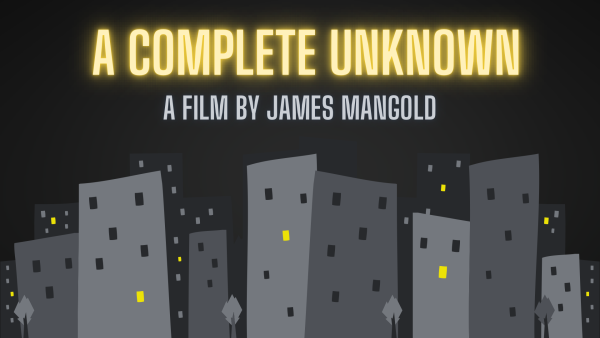Student protests showcase voice, allow individuality
Should youth have a voice? The answer emerges as we listen to politicians during campaign season, principals at the start of a new school year and, at times, parents pushing for their child to get more involved in the community. Many people advocate for youth to get more involved and stand up for their developing beliefs, but too often we see those pro-youth advocate attitudes come to a screeching halt at the first sign of rebellion.
School dress codes are justified safety measures. It is a standard all Revere High School students are required to adhere to. If failure to comply with the dress code occurs, a multitude of possible punishments can be bestowed upon violators, depending on multiple factors.
Revere High School senior Brady Marks has recently advocated against the thought process behind implementing a dress code. Marks does not advocate for the defamation of the dress code itself; rather the punishment process currently in place. Marks is an example of a youth standing up for her beliefs. Marks began the process when she was sent to the office for a dress code violation. She then decided to approach the board in an attempt to amend the current dress code of conduct.
Historically, minors have had a voice, from the infamous 1969 Tinker case to the more recent 2015 PARCC test walk-out in New Mexico. The only seemingly major difference: the way in which students go about professing their beliefs to the world. Although youth would love to argue administration is practicing a form of discrimination in an attempt to ignore the student body voice, the only form of protest Marks has attempted is a strongly worded letter addressed to the school board. Protest has transformed from an organized, perhaps inspiring, approach to a, at times, disruption of school activities, or the, as much if not more unproductive, opposing extreme, one versus an entire board, in this case school. Associate principal John Evans commented on student outcry.
“There will always be disagreements, but we work through those,” Evans said.
Perhaps students have failed to unify for a common goal. Perhaps the framework of protest has evolved. Perhaps RHS students just need something to complain about. We can play the blame game all day, but the use of the student voice is a positive, if not productive, way of achieving change.


